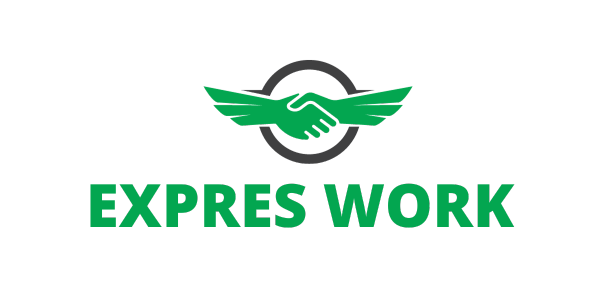How to Find Loads for New Owner-Operators

Starting a career as an owner-operator in the trucking industry is both exciting and challenging. With the freedom to choose your loads and routes, you also face the task of finding consistent, profitable freight to keep your business running smoothly. Here we will guide new owner-operators on how to find loads, emphasizing strategies that will help you establish a successful and sustainable business.
Understanding the Industry
Before diving into load boards and freight brokers, it’s crucial to understand the trucking industry’s landscape. Freight demand can vary significantly by season, region, and economic conditions. Familiarize yourself with the industry trends, peak seasons for different types of cargo, and areas with high demand for trucking services. This knowledge will help you target your search for loads more effectively, allowing you to search routes to find the best job for you.
Leveraging Load Boards
Load boards are one of the primary tools for finding freight. These online marketplaces connect shippers and carriers, allowing you to find loads that match your equipment type, preferred routes, and schedule. As a new owner-operator, you should:
- Sign up for Multiple Load Boards: While some load boards charge a subscription fee, the investment can quickly pay off by providing access to a wide range of loads. Start with free or trial versions to understand how they work before committing to paid subscriptions.
- Be Active: Check the load boards frequently, as new loads are posted throughout the day. Being one of the first to respond can be crucial in securing a profitable load.
- Negotiate Rates: Don’t hesitate to negotiate with shippers or brokers. Your goal is to maximize your earnings while ensuring the rates cover your operational costs.
Working with Freight Brokers
Freight brokers act as intermediaries between shippers and carriers. They can provide access to loads that may not be listed on public load boards. To effectively work with freight brokers:
- Build Relationships: Establishing a good relationship with a few reliable brokers can lead to consistent load opportunities. Be professional, reliable, and communicate effectively to build trust.
- Understand the Broker’s Requirements: Some brokers may have specific requirements for carriers, such as insurance coverage or equipment type. Ensure you meet these requirements to avoid any issues.
- Review Contracts Carefully: Before accepting loads from brokers, review the contracts carefully. Pay attention to payment terms, cancellation policies, and any penalties.
Networking and Direct Contracts
Building a network within the industry can open doors to direct contracts with shippers, which often offer more stability and better rates than spot market loads. Attend industry events, join trucking associations, and connect with other truckers to expand your network. Demonstrating your reliability and professionalism on every job can lead to recommendations and repeat business.
Utilizing Social Media and Online Forums
Social media platforms and online forums are excellent resources for finding loads and networking with industry professionals. Join trucking groups on Facebook, LinkedIn, and forums like The Truckers Report to share experiences, ask for advice, and learn about load opportunities.
Specializing in a Niche Market
Consider specializing in a niche market, such as temperature-controlled goods, oversized loads, or hazardous materials. Specialized loads often require specific equipment and certifications but can offer higher rates due to the added complexity and demand. Ensure you have the necessary equipment and qualifications before pursuing these opportunities.
Emphasizing Customer Service
Providing excellent customer service can set you apart from the competition. Be punctual, maintain communication with your clients, and handle cargo with care. Satisfied customers are more likely to offer repeat business and refer you to others.
Investing in Technology
Technology can streamline the process of finding loads and managing your business. Invest in a good transportation management system (TMS) that helps you track loads, manage finances, and optimize routes. Use mobile apps designed for truckers that provide real-time information on traffic, weather, and fuel prices.
Continuous Learning and Adaptation
The trucking industry is constantly evolving. Stay informed about industry trends, regulatory changes, and new technologies. Be willing to adapt your business strategies to meet changing market demands.
Conclusion
Finding loads as a new owner-operator requires diligence, strategy, and a willingness to network and build relationships within the industry. By leveraging load boards, working with freight brokers, specializing in niche markets, and providing exceptional service, you can establish a successful and profitable trucking business. Remember, success in the trucking industry doesn’t come overnight, but with persistence and smart planning, you can achieve long-term stability and growth.





